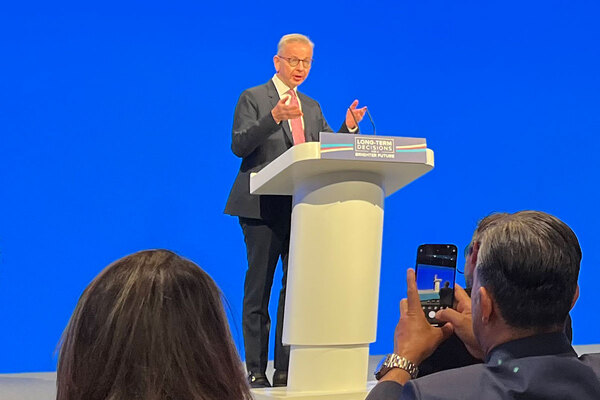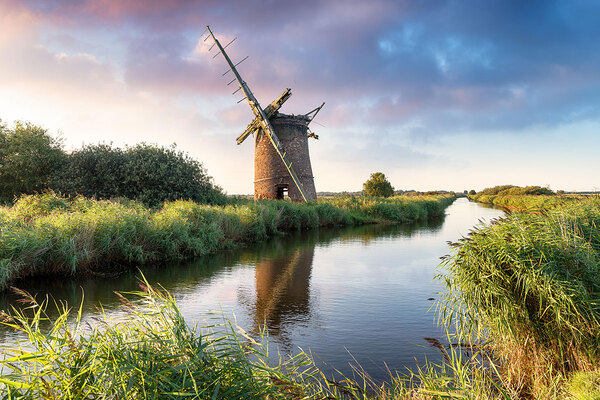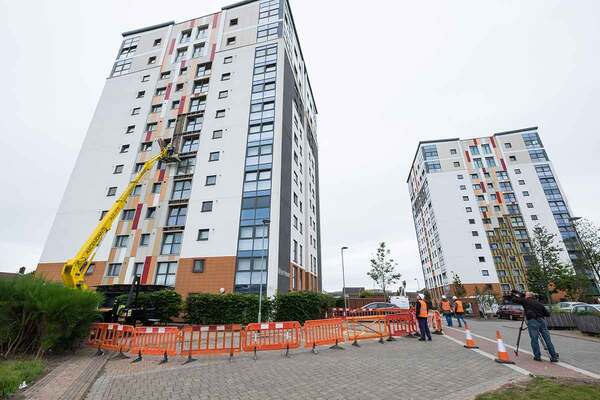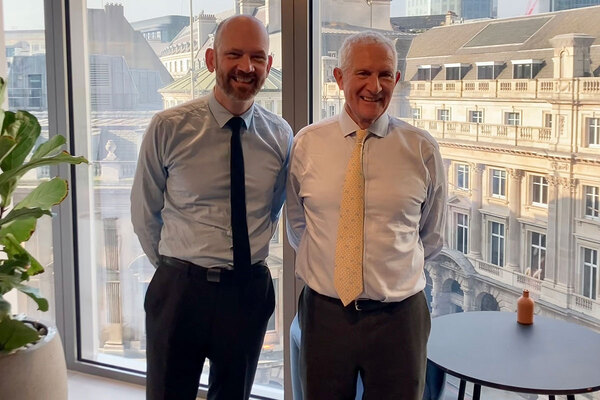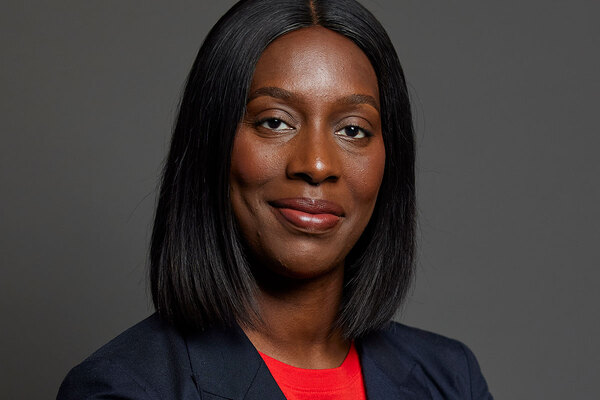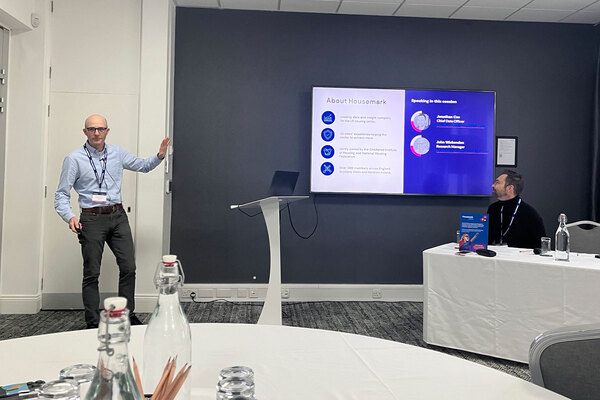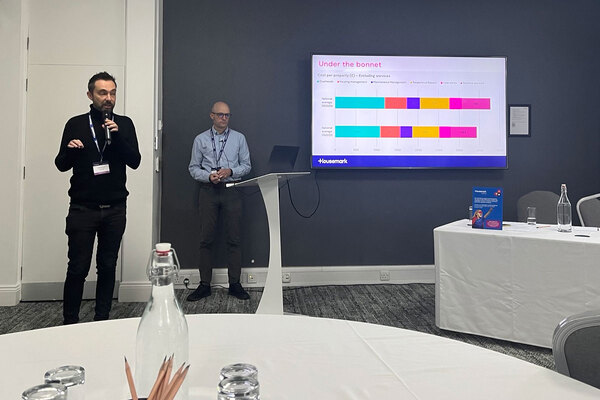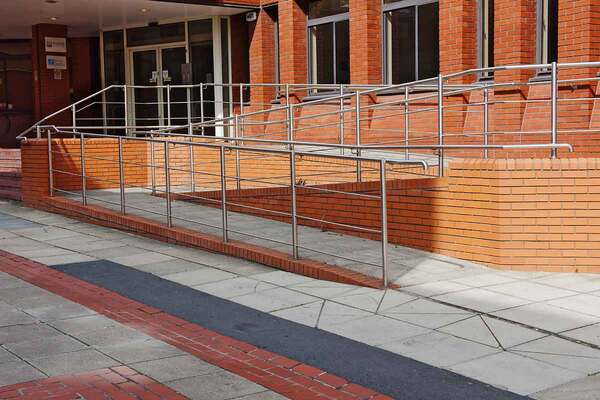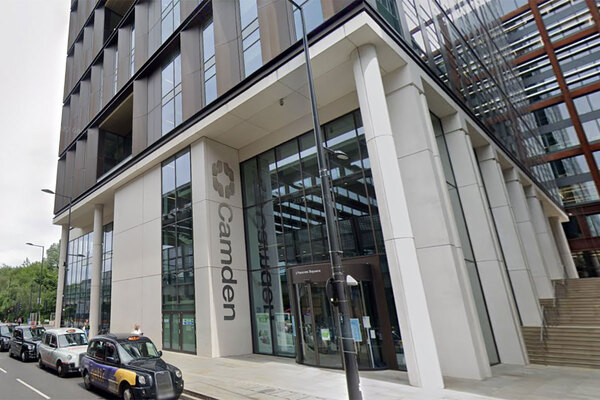You are viewing 1 of your 1 free articles
Gove calls for ‘veil of secrecy’ to be lifted for land held in trusts
Housing secretary Michael Gove has called for the “veil of secrecy” around land held in trusts to be lifted as part of a consultation into the transparency of landownership.
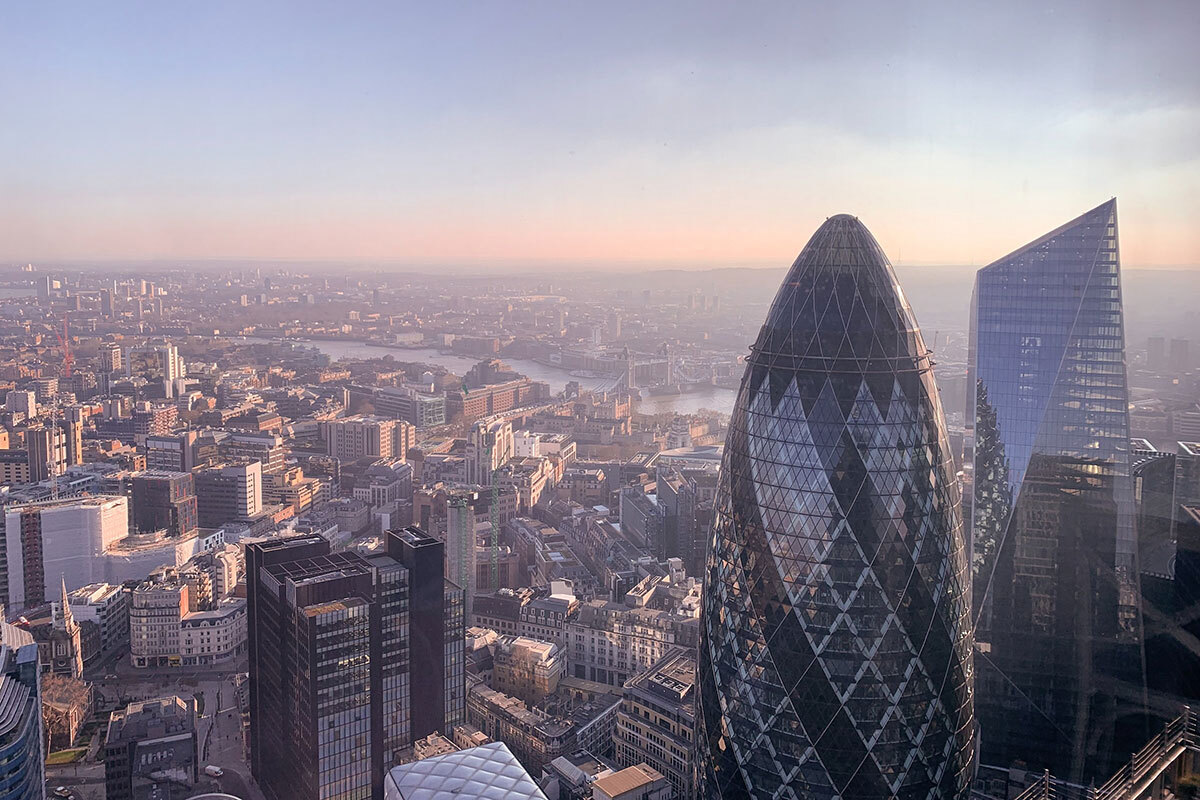
On launching the consultation, Mr Gove said he believes that that “for too long we’ve turned a blind eye” to who really controls land in the UK.
He said: “I have seen the social injustices that arise when the true owners of land and property cannot be identified, whether that is anonymous landlords whom tenants cannot contact in an emergency, [or] shady freeholders refusing to fix dangerous buildings and extorting unreasonable service charges from leaseholders.”
Mr Gove added that this lack of transparency can leave “parcels of land being traded like shares, inflating prices and locking small builders out of the land market; or the blight of our capital city where swathes of desirable homes sit empty with secretive offshore trusts or shell companies as their ultimate owners”.
One of the ways landownership has traditionally been obscured is through trusts, highlighted Mr Gove. Landownership through a trust means someone legally owns and manages the land on behalf of the true owner and beneficiary.
Currently, the Land Registry records on a public register the legal owners of land, but the identity of the beneficiary is not always recorded or publicly available. If the legal owner is a company or a trustee, there is no way of knowing from the Land Registry who is behind it.
Although trusts can be used for “wholly legitimate reasons”, Mr Gove said they “can, and are, created with deliberately labyrinthine structures to obscure the ownership of assets and make it easier for corrupt individuals to operate”.
He added: “The government must know who really owns and controls UK land and property, and as much of that information as possible should be public by default.”
The government keeps registers that do contain information about those behind companies or trusts, such as the Register of Overseas Entities launched in 2022.
However, these registers were not established for landownership purposes and so do not always record sufficient information to match ownership to land. Additionally, the registers currently keep information about trusts out of public view, though this information is available to law enforcement agencies.
The consultation proposes to widen access to trust information held on the Register of Overseas Entities. Trust information will be made public by default, except for protected information.
It also seeks views on how ownership of land involving trusts can be made more transparent. For example, all information collected about trusts could be published by default, or some trust information would be made public where that trust is involved in landownership.
The consultation said greater transparency would help to ensure remediation liability for high-rise buildings can be resolved and tackle illicit finance and corruption. It runs until 21 February and can be viewed here.
Kevin Hollinrake, minister for enterprise, markets and small business, said: “The Register for Overseas Entities is imperative in ensuring we weed out kleptocrats and oligarchs buying up British properties under false names and has already helped identify absent landlords so that they can be held to account.”
Sign up for our regulation and legal newsletter
Already have an account? Click here to manage your newsletters
